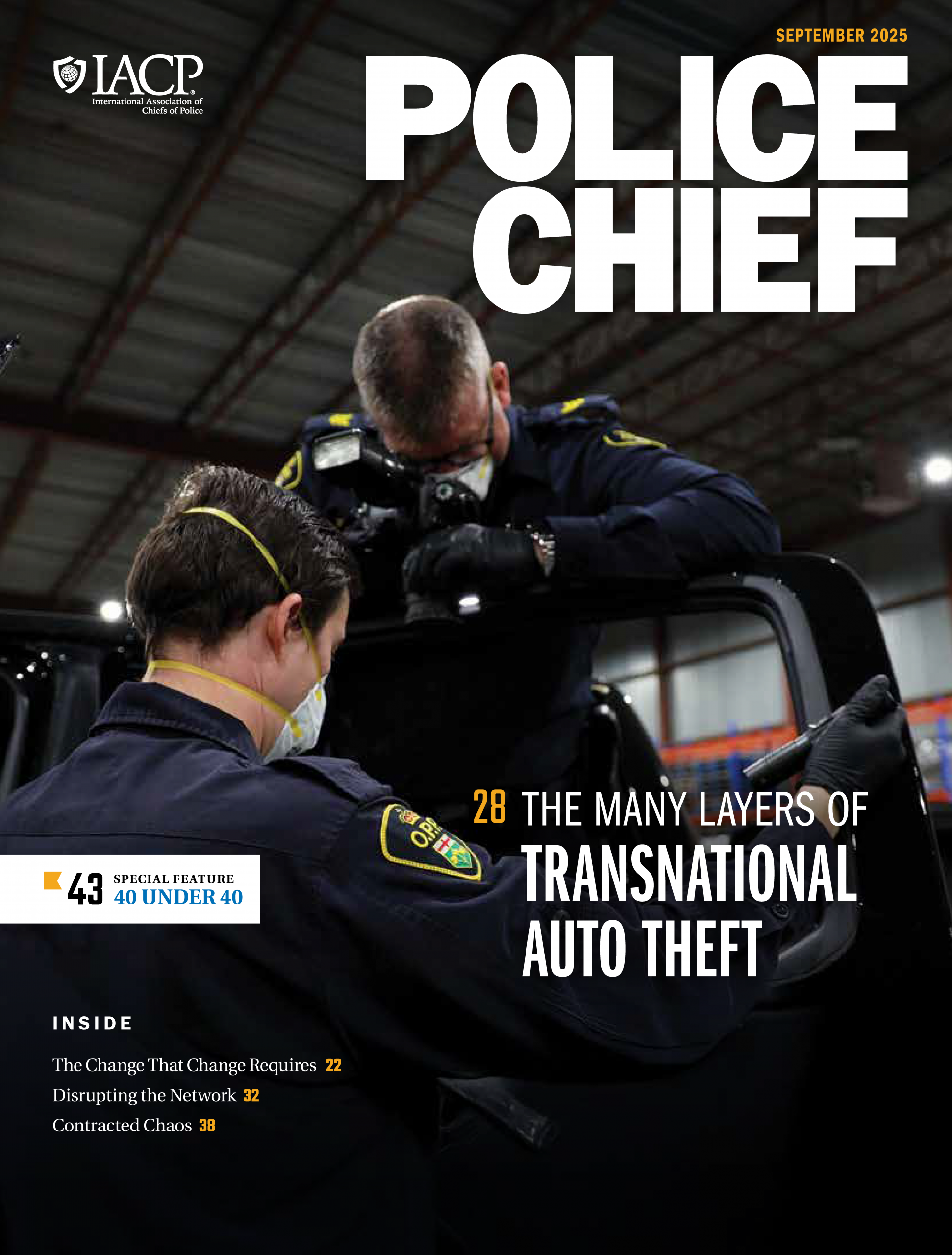Ordinarily, police officers need at least reasonable suspicion to stop citizens on foot or in a motor vehicle. However, there are certain interactions between police officers and citizens that do not require legal justification, as local police officers are charged with community caretaking functions, totally divorced from the detection, investigation, or acquisition of evidence relating to violation of any criminal statute. The decision of the police to make a well-being check must be reasonable in light of an objective basis for believing that an individual’s safety and well-being may be in jeopardy; that concern extends, in certain circumstances, to the safety of the public as well.
There are limits to the situations in which an officer may stop citizens. For example, an officer’s reasonable belief that a motorist is lost, in the absence of complicating elements such as safety hazards, illness, suspicion of crime, or the like, is not sufficient to justify a seizure (stopping of a motor vehicle). However, under the “community caretaking doctrine,” police officers are allowed, without reasonable suspicion of any criminal activity, to approach and detain citizens for community caretaking purposes. The following situations are examples of such permissible stops:


